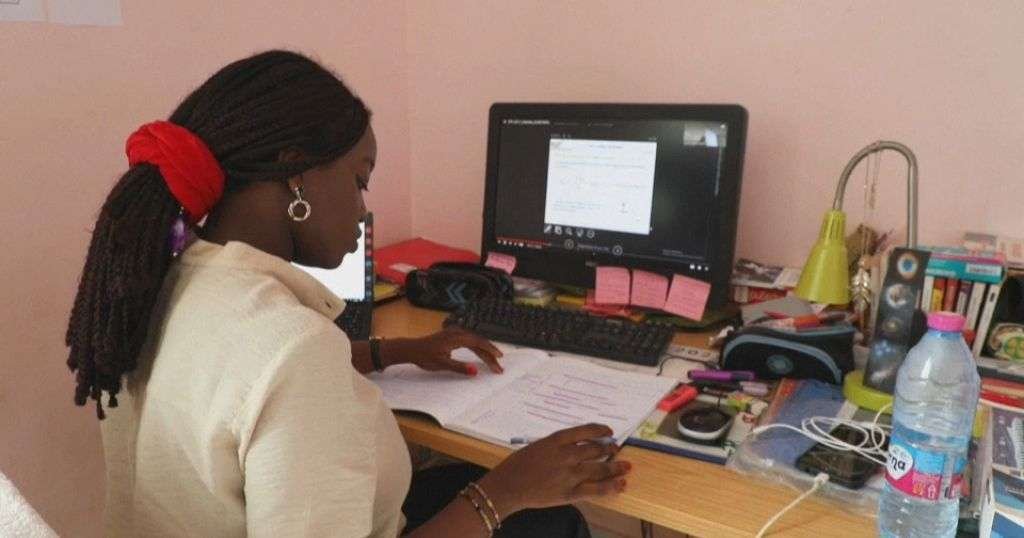Diaspora, Africa – (African Boulevard News) – France’s recent decision to suspend visas for students from the Sahel has sent shockwaves through the region, leaving many aspiring scholars anxious about their future. This diplomatic fallout between France and the Sahel countries has created a cloud of uncertainty, making it increasingly difficult for students to pursue their dreams of studying in Paris.
The suspension of visas for students from the Sahel region, which includes Burkina Faso, Chad, Mali, Mauritania, and Niger, has left many young minds in a state of distress. These aspiring scholars had meticulously prepared for their journey to France, only to have their dreams shattered by the abrupt change in visa policies. The decision has not only disrupted their academic plans but has also caused emotional turmoil and financial strain.
One student, Ismael, eloquently expressed his disappointment, saying, “I had spent months preparing for this opportunity, and now everything is uncertain. It feels like a door has been slammed shut in our faces.” Ismael’s sentiments are shared by many, as the suspension of visas has left students feeling helpless and uncertain about their future prospects.
Experts in the region have voiced their concerns, highlighting the negative impact this decision will have on the Sahel countries’ education systems. Mamadou, a education analyst, stated, “The suspension of visas will discourage young students from pursuing higher education, leading to a brain drain in the region. This decision will have long-term consequences on the human capital development of these countries.”
The decision by France to suspend visas for Sahel students has also raised questions about the countries’ diplomatic relations. France has been a popular destination for students from the Sahel region for many years, with Paris serving as a hub for educational and cultural exchange. The abrupt suspension of visas has strained diplomatic ties and further exacerbated the existing tensions between France and the Sahel countries.
While France cited security concerns as the reason for the visa suspension, many argue that this decision will only fuel the very instability it seeks to address. By limiting educational opportunities for Sahel students, the risk of radicalization and youth disillusionment may increase, exacerbating the security challenges faced by both France and the Sahel region.
In this uncertain climate, students from the Sahel countries are left wondering about their future. The diplomatic fallout between France and the Sahel countries has cast a shadow of doubt and anxiety over their educational dreams. As they anxiously await clarity on the visa issue, these aspiring scholars remain hopeful that a resolution will be reached, allowing them to pursue their studies and contribute to the development of their countries and the wider region.

